Maths Year Five Planning Term One
Discover schemes of work, lesson plans, classroom worksheets and interactive activities to develop skills in maths for Year Five in Key Stage Two to teach about number and place value, addition and subtraction, multiplication and division and area and perimeter
Number and Place Value
Explore the place value and properties of the digits in different numbers to six digits including the use of Roman Numerals to represent a range of special numbers
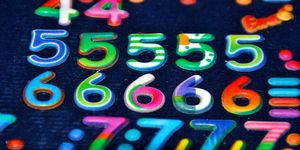
(A) Number Thousands
Investigate, compare and record the place value of the numerals in a range of different six digit numbers according to their positions in each number
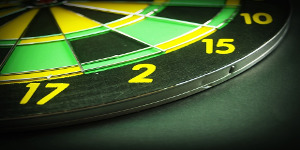
(B) Number Rounding
Practise comparing and rounding numbers to six digits to their nearest ten, hundred and thousand by utilising the place value of their digits

(C) Special Numbers
Explore the properties of different numbers including counting in powers of ten, recording the place value of negative numbers and representing numbers using Roman Numerals
Addition and Subtraction
Practise some standard written methods for addition and subtraction to solve a range of abstract and contextual problems

(D) Addition Calculations
Practise using standard written methods of addition calculation to solve a range of abstract and contextual problems working with sets of four and five digit numbers

(E) Subtraction Sequences
Identify and illustrate the sequences of steps that can be used when completing standard written methods using decomposition to subtract pairs of numbers with four or more digits
Multiplication and Division
Investigate and illustrate the properties of numbers that can be used to support multiplication and division calculations including factors, multiples and powers of ten
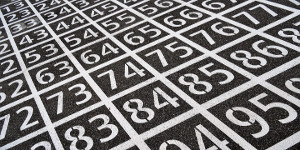
(F) Number Factors
Identify and record the factors of different numbers to one hundred which can be utilised when performing mental multiplication calculations

(G) Digit Value Changes
Model and illustrate changes to the place value of the digits in different numbers when multiplying and dividing by ten, one hundred and one thousand
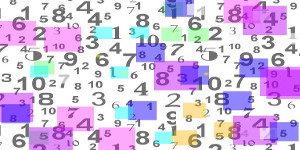
(H) Multiplication Numbers
Explore and illustrate the properties of numbers that can support multiplication calculations including prime, square and cube numbers and multiplication facts that can be used to derive division quotients
-
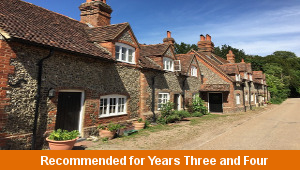
Cities, Towns and Villages
Research and present the history of a range of different buildings and people that are part of the local community using a school exhibition
-

Recycling
Research and present some of the benefits and disadvantages that can be produced when recycling different materials at home and in school
-
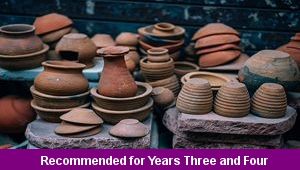
Viking Pots
Develop and refine a range of different art and design techniques when working with clay to make pots that represent Viking culture and traditions
-
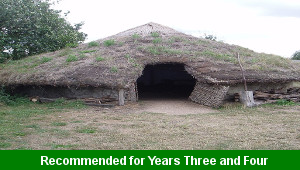
Bronze Age
Research and illustrate how life in Britain developed and changed during the Bronze Age including the growth of communities and trade
